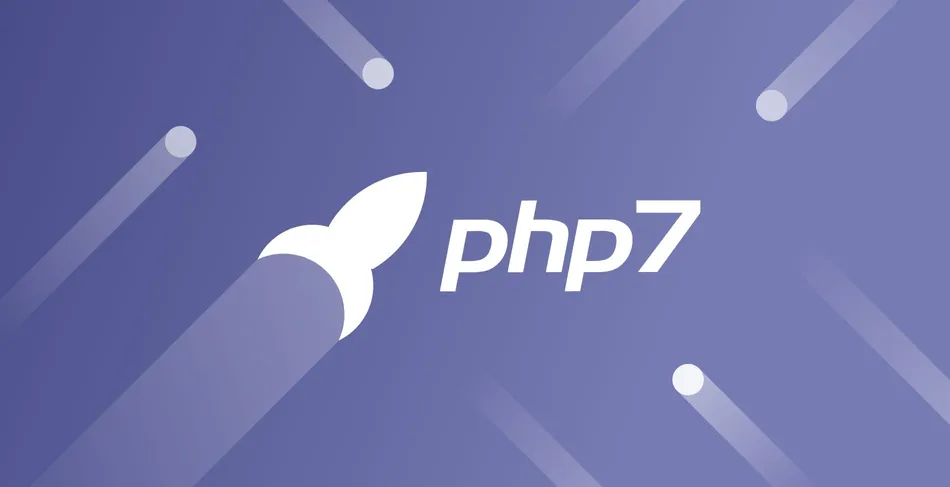PHP is one of the most widely used and popular programming languages for web development. Numerous websites operated by Hostpoint customers, which are managed via content management systems like WordPress, Drupal, Joomla and TYPO3, are based on PHP, among other languages. Initially, PHP 7.4 will not directly affect users of these CMS, but an update may very well be a good idea nonetheless.
Hostpoint customers who want to update their PHP version to 7.4 can do this very easily on their own via the Control Panel. Instructions can be found here.
Ongoing updates for better security and simplicity
One important reason for upgrading to the new PHP version is security. Hostpoint always recommends that all of its customers keep their software up-to-date and that they regularly install available updates. Regular updates also greatly reduce the amount of work required to fix any incompatibilities or other problems later.
Many Hostpoint customers are using PHP version 7.2. However, they can also upgrade to the new version 7.4 immediately. There are generally very few risks involved with skipping PHP 7.3, and PHP 7.4 will be supported for a longer period of time, meaning that you are essentially buying yourself more time.

What technical features does the new version offer?
The new PHP version is not revolutionary in terms of new features but offers several innovations that developers in particular are likely to appreciate. One example is the new OPCache Preloading feature, which noticeably improves performance. Preloading allows classes, interfaces and traits to be loaded even before executing the code for the first time, greatly speeding up the process. Some well-known PHP frameworks, such as Symfony, already support the preloading of classes (see this article).
Another feature that could greatly simplify the work of programmers using PHP is the new typed properties feature. This makes it possible, for example, to declare types such as integers or decimals, saving valuable time when writing code while at the same time also reducing the potential error rate.
PHP 7.4 includes some other new features that the developer community has welcomed with open arms. The complete list of new features in version 7.4 can be found here.
PHP 8 to be released in around a year
The PHP developer community will not see any more incremental releases in the version 7 series before the release of PHP 8. Version 8 is expected at the end of 2020 or beginning of 2021. Here is a selection of the features expected with the release of PHP 8.























































